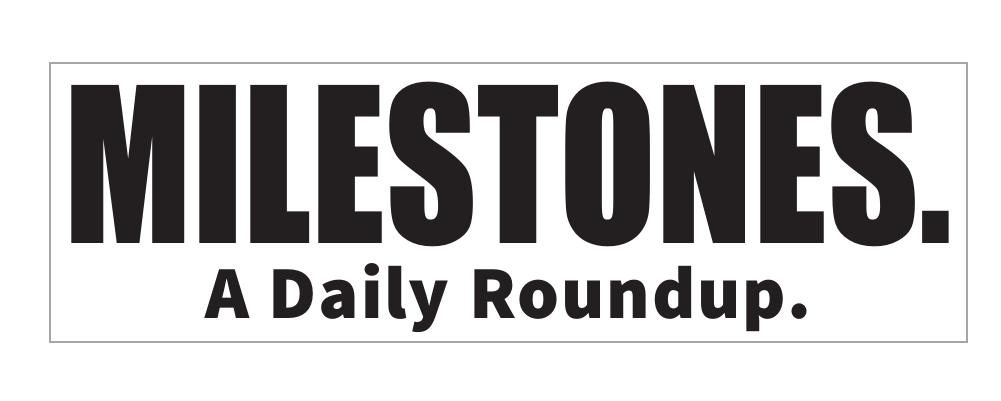Milestones: Friday, November 24, 2023

‘THE HOLLYWOOD TEN’ — The House of Representatives, on Nov. 24, 1947, voted 346 to 17 to approve citations of contempt against 10 Hollywood writers, directors, and producers. The vote that took place after the Hollywood men had refused to cooperate with the House Un-American Activities Committee’s hearings; they were sentenced to a year in jail for refusing to answer whether they were at the time or had previously been members of the Communist Party. During the interrogations, the Hollywood Ten counter-attacked with claims that the HUAC’s questions violated their First Amendment rights. HUAC Chair J. Parnell Thomas, going on the premise that the Hollywood Ten were trying to destroy the U.S. Constitution, asserted that this foundational document “was never intended to cloak or shield those who would destroy it.”
However, the men refuted that statement, arguing that Congress was citing the very Bill of Rights for contempt.“The United States,” their statement concluded, “can keep its constitutional liberties, or it can keep the Thomas committee. It can’t keep both.”
✰✰✰